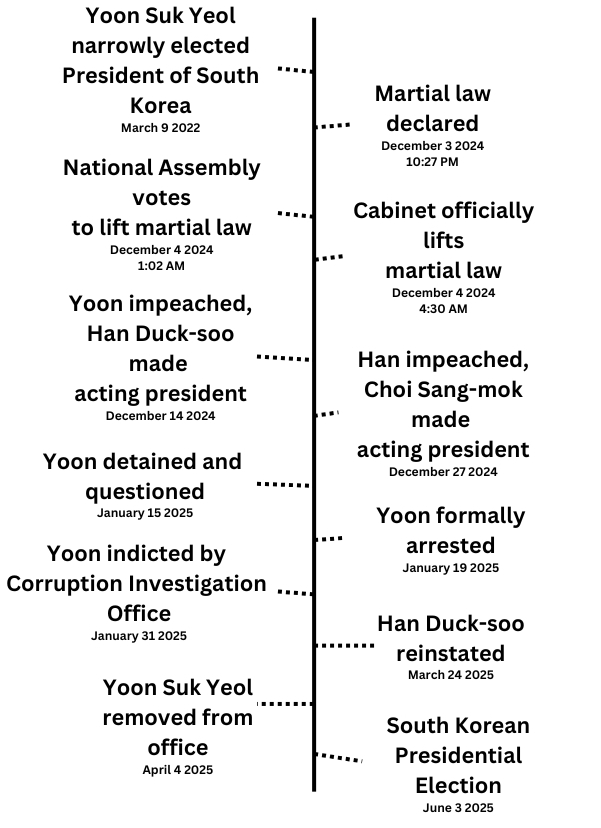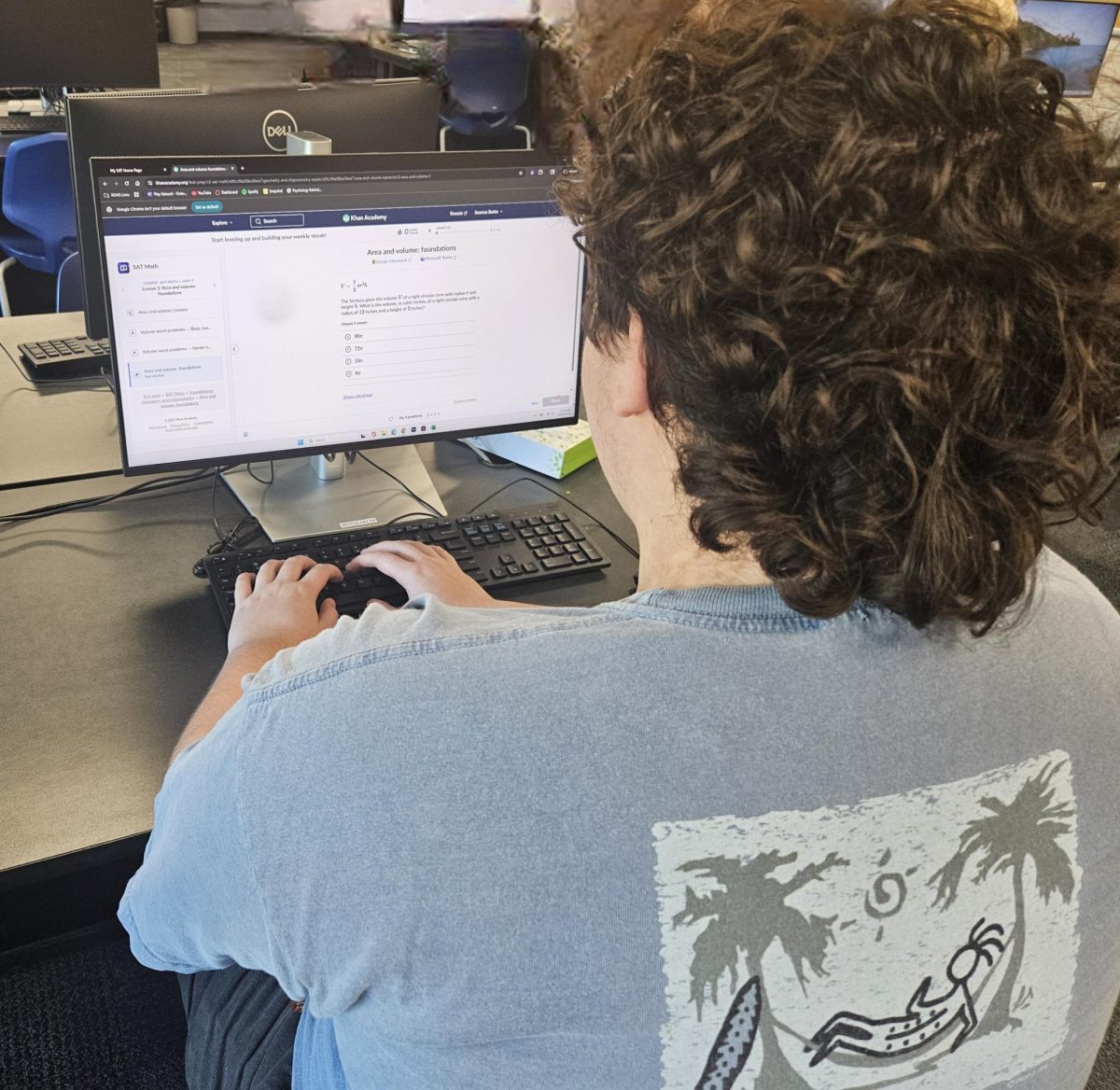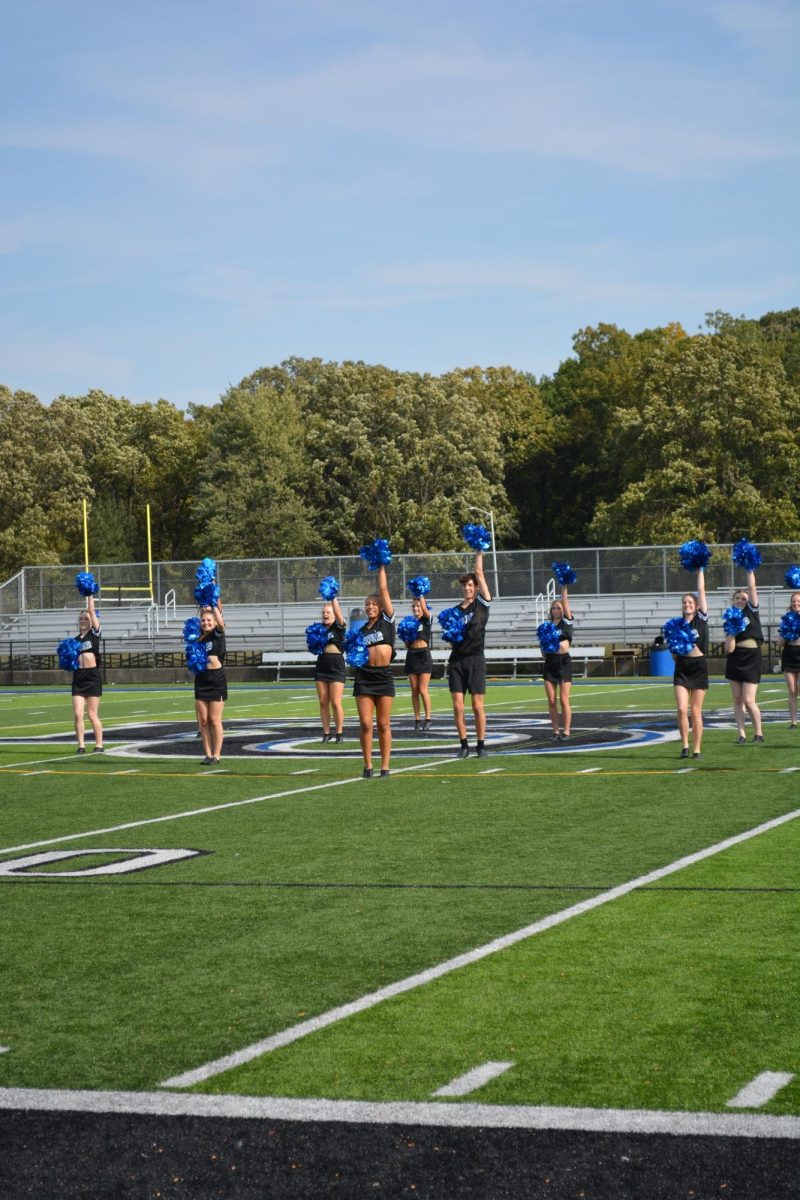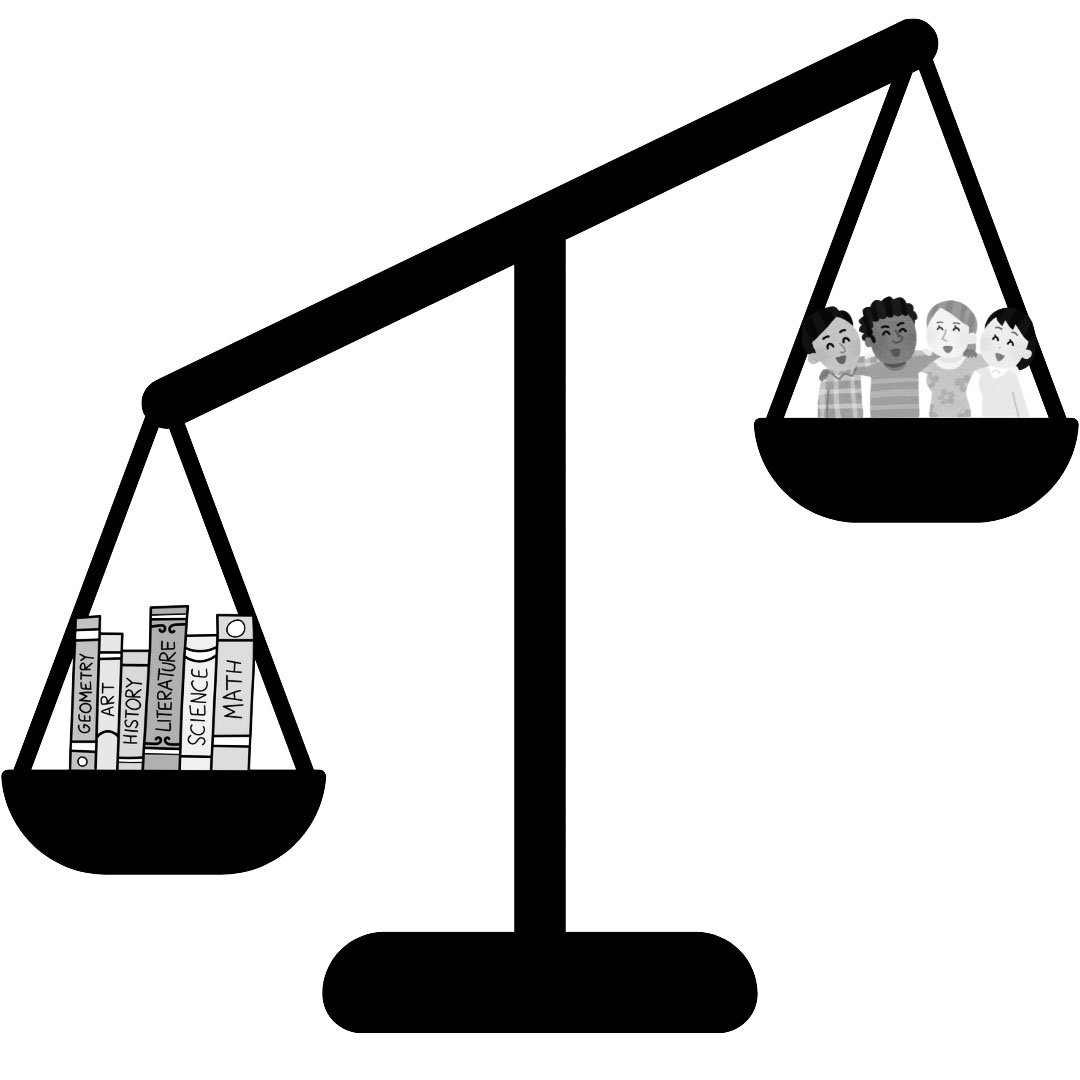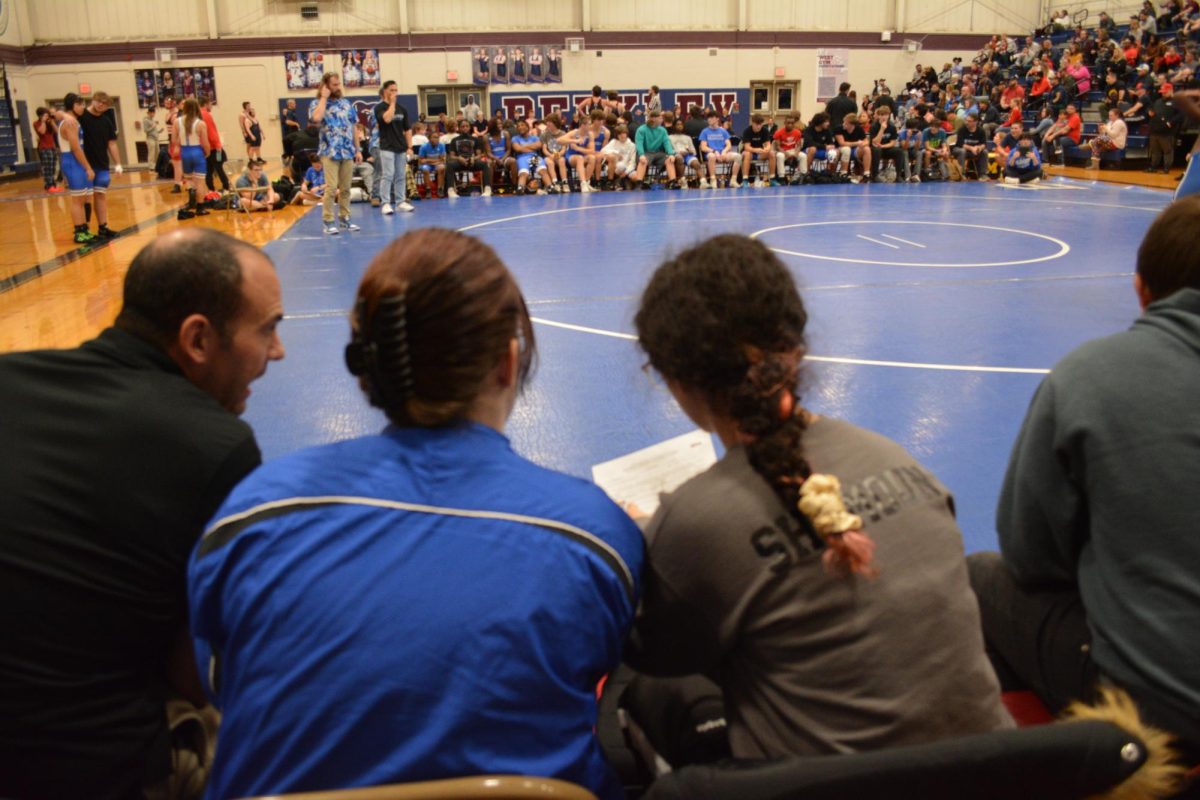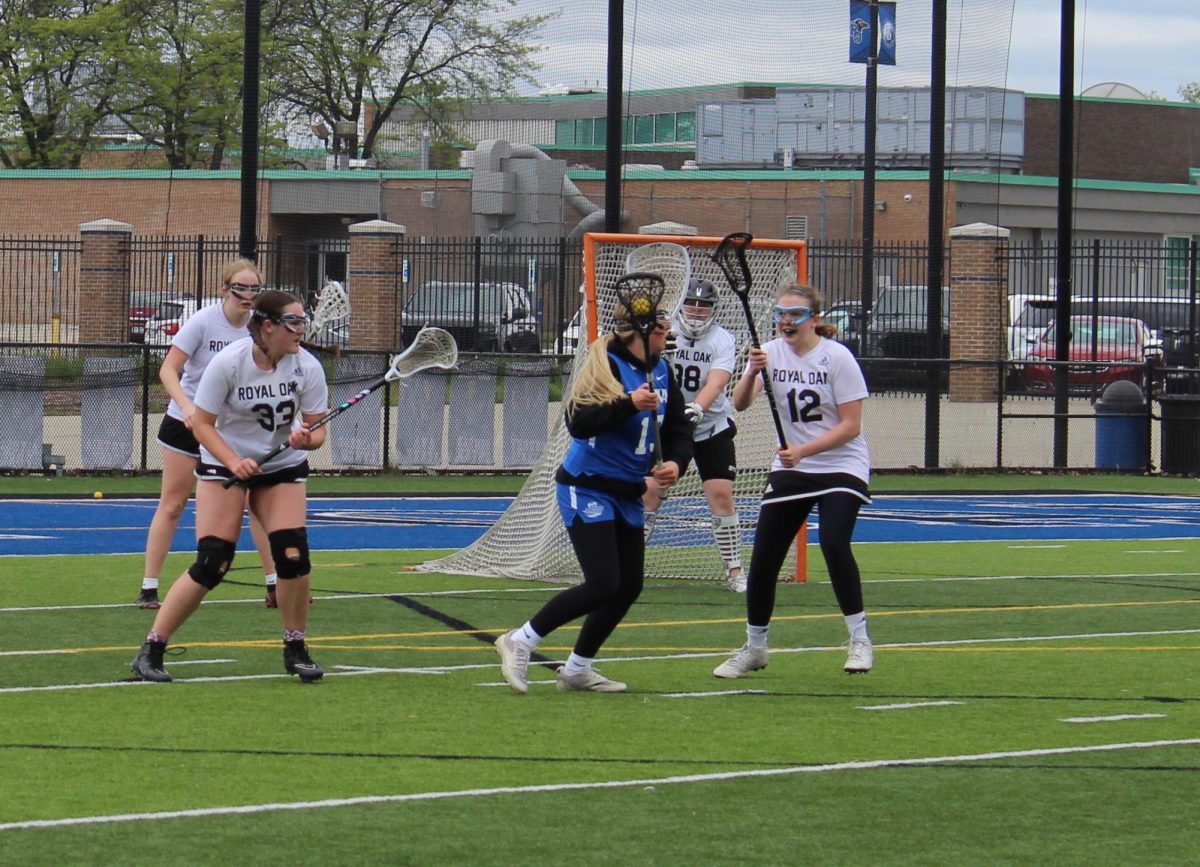In spite of the academic diversity of Royal Oak High School’s student body, few students can claim that they’ve never been caught off guard by a rogue due date or a long-forgotten assignment. Late work policies vary from class to class, and it seems that students benefit from certain approaches more than others, so which is best?Although every situation is different, taking points off an assignment submitted past the due date just discourages students from completing their work. Long term assignments and projects such as the MYP Personal Project are especially easy to fall behind on.
DP and AP classes – which generally come with more rigorous and demanding material – are particular areas of concern for students grappling with a growing workload. Many consider those classes to be stricter with deadlines and less forgiving when a problem arises, and therefore prioritize them while completing homework to avoid falling behind.
It’s not uncommon for students to take multiple advanced classes, and the stress of managing their obligations beyond school is only heightened as a result. This is especially true for juniors and seniors, who in addition to fulfilling those obligations, are also undertaking the process of college applications.
Teachers – no matter what subjects they teach, should be aware of the challenges their students are facing, and be mindful of how quickly a workload can become overwhelming when assigning and grading work. As high schoolers grow into young adults, there are numerous stressors they’re expected to handle. Many students have jobs working long hours. It is an unfortunate truth that school isn’t always the top priority for many high schoolers and it’s important that teachers do their best to work with students to help them succeed, no matter their situation. Derek Miller, a DP (and former AP) Language and Literature teacher, shares this belief.
“I can threaten you all I want and I could say, ‘You didn’t turn it in by the deadline, so you’re going to get a B instead of an A,’ but that serves no purpose except punishment, and it’s not going to help you become a better learner or a better worker,” he said.
Teacher Megan McCaffrey believes a big part of this issue is the stigma around students who need extra time. Certain students with IEPs or 504s have accommodations that include extra time on tests or assignments.
“There is a misunderstanding of why students, especially with IEPs of 504s, have that accommodation because a teacher may view it as something they just get. Once you understand the reason behind the need for extended time, it typically makes a lot more sense,” she said.
Of course, the allowances teachers can make regarding late work shouldn’t be unlimited. External deadlines are passed, final grades must be submitted, or simply too much time has elapsed, and at that point, the student will receive a 0 for the assignment. Knowing this, it’s important to acknowledge that teachers can’t be held responsible for the actions and behaviors of their students with regard to their willingness and productivity with homework and shouldn’t bear the weight of their choices when they fail to be proactive. Even so, most high schoolers don’t feel they should be punished for simply falling short on a due date, a sentiment they hope is shared by their teachers.
Categories:
The Loom of Late Work
Universal accommodations are needed to help
struggling students
Acorn Staff, Staff Editorial
November 17, 2023
0
More to Discover
About the Contributor

Acorn Staff, Staff Editorial
The Acorn Staff collectively writes editorials each issue which are a collective group of opinions.



